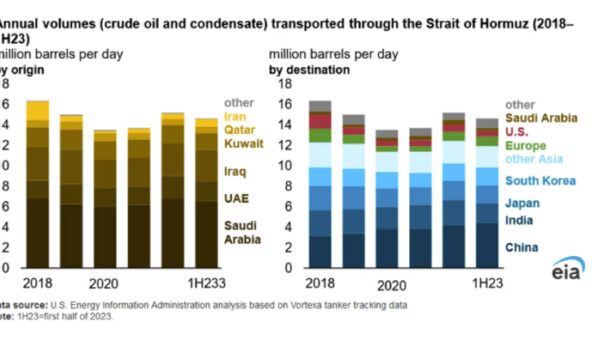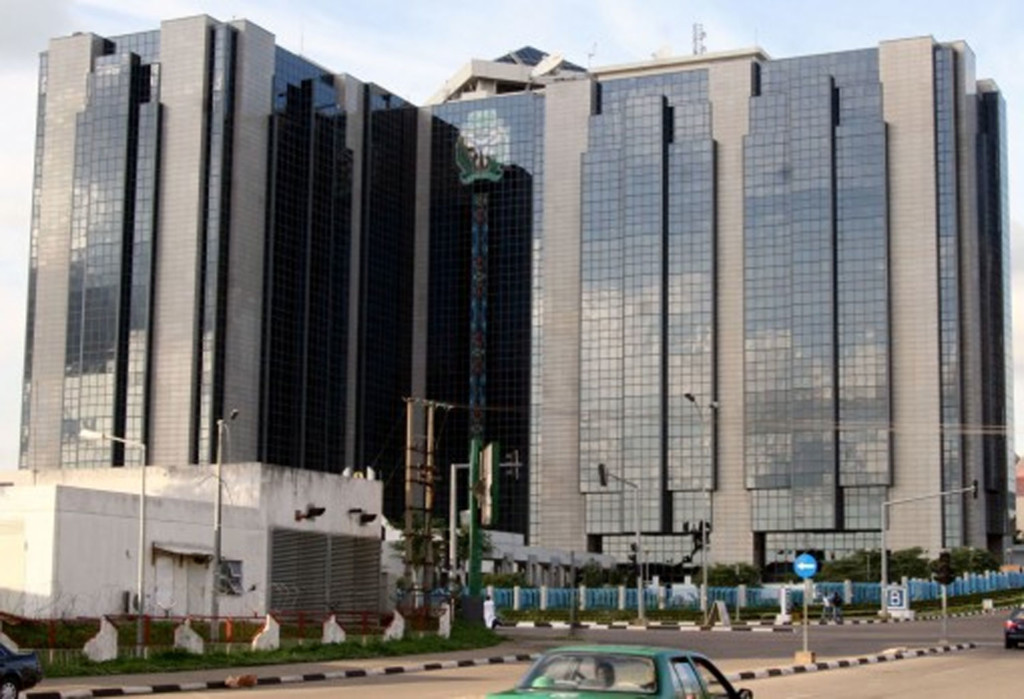The Central Bank of Nigeria (CBN) recently announced its intention to blacklist bank directors with non-performing loans for over one year. The CBN released new corporate governance guidelines for various financial institutions, including commercial banks, financial holding companies (FHCs), merchant banks, non-interest banks, and payment service banks.
These guidelines outline the consequences for directors whose credit facilities, or those of their related interests, have been non-performing within the banking subsidiary of an FHC for more than one year.
According to the guidelines, directors in such a situation can no longer serve on the Board of the Financial Holding Company (FHC). They will be blacklisted from serving on the board of the banking subsidiary or any other financial institution under the purview of the CBN.
Furthermore, the guidelines state that no loan or advance, along with its interest, granted to a director of an FHC by the banking subsidiary can be written off without prior approval from the CBN.
Additionally, the guidelines clarify that subsidiaries of an FHC can provide similar services to other entities within the group upon their request, as long as the terms and conditions remain the same. All transactions within the group must be conducted at arm’s length and comply with the applicable laws and regulations.
The CBN’s guidelines also mandate that services between an FHC and its subsidiaries be governed by Service Level Agreements (SLAs) and shared services arrangements following the CBN Guidelines for Shared Services Arrangements for Banks and Other Financial Institutions.
Regarding protecting shareholders’ rights, the guidelines prohibit any individual, group of individuals, proxies, or corporate entity from owning a controlling interest in more than one FHC unless prior approval from the CBN is obtained. Additionally, no FHC, its directors, shareholders, or agents can enter into agreements resulting in a change in the FHC’s control, a transfer of shareholding of 5% or more, or an increase in shareholding of 5% or more without prior written approval from the CBN.
The CBN has specified that its approval and no objection must be sought and obtained before any investor acquires shares of an FHC, including through the capital market, resulting in an equity holding of 5% or more.
The guidelines, which will take effect on August 1, 2023, have been issued by the CBN’s financial policy and regulation director, Chibuzo Efobi, in a circular. The circular emphasizes that these new guidelines supersede all previous codes, circulars, and directives on corporate governance issued by the CBN. Banks and financial holding companies are urged to take note of the responsibilities imposed on their boards, particularly the executive compliance officers, as outlined in the circular.
It is worth mentioning that Nigeria’s Financial Reporting Council (FRC) introduced the Nigerian Code of Corporate Governance (NCCG 2018) as the sole Corporate Governance Code for the country in 2019. This code replaced all sectoral regulations, including the Code of Corporate Governance for Banks and Discount Houses in Nigeria issued by the CBN in May 2014. As a result, the CBN has adopted the principles and recommended practises of the NCCG 2018 to create sector-specific guidelines for commercial, merchant, non-interest, and payment service banks.
Under the CBN Act 2007 and the Banks and Other Financial Institutions Act (BOFIA 2020), the CBN has issued these guidelines, referred to as the “Corporate Governance Guidelines for Commercial, Merchant, Non-Interest, and Payment Service Banks in Nigeria.”
Lastly, the guidelines state that the government’s direct and indirect equity holding in a bank should not exceed 10%. This equity holding must be divested to private investors within five years from the investment date.
























































You must be logged in to post a comment Login